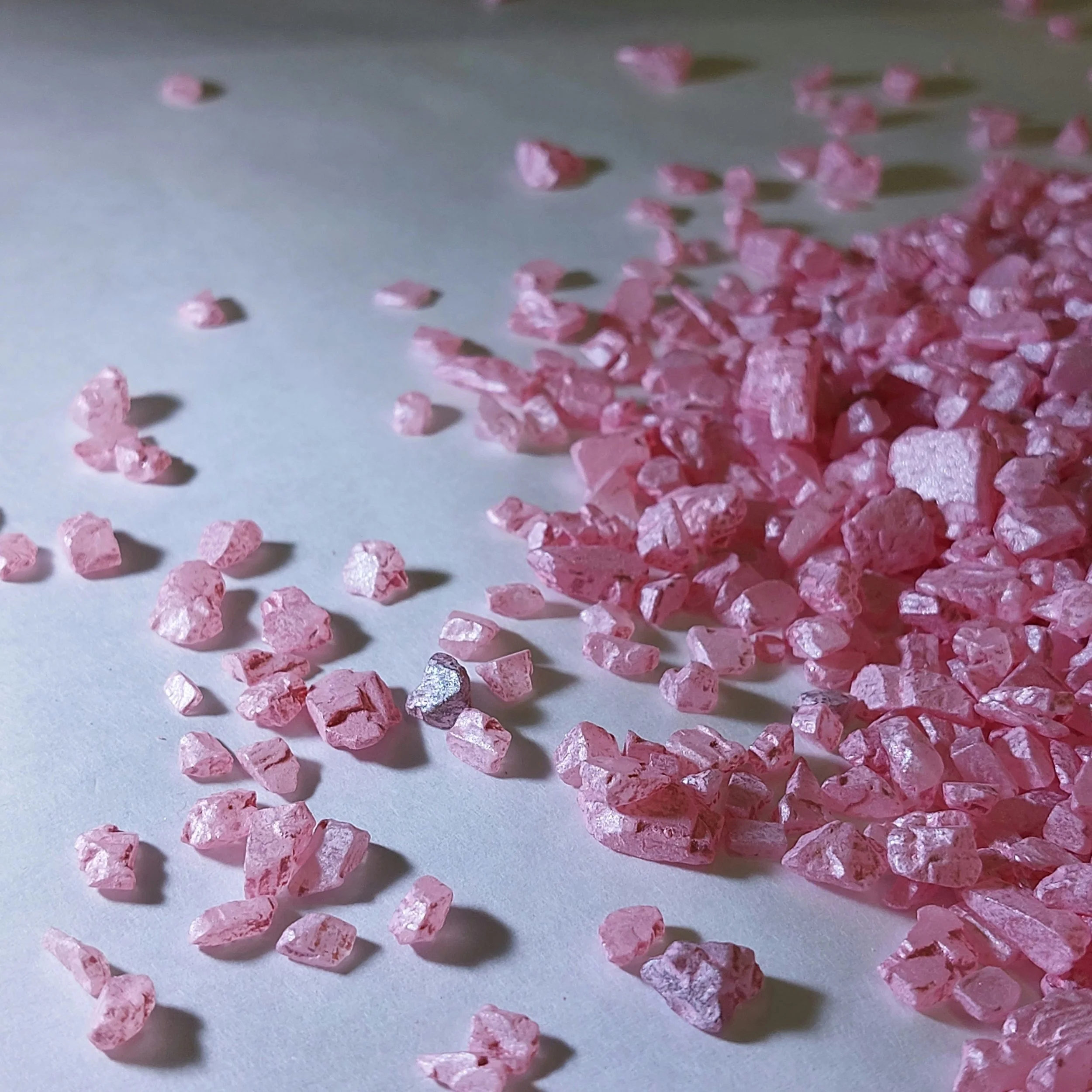
Is MDMA Legal in Canada?
For the most part, no. MDMA is illegal under Canadian federal criminal law. It can generally only be used legally in cases where Health Canada grants a s. 56 exemption or Special Access Program request.
However, on January 31, 2023, personal possession of up to 2.5 grams of MDMA was decriminalized in British Columbia pursuant to a federal s. 56 exemption. In May 2024, this exemption was rolled back somewhat to recriminalize public use. For those interested in understanding the current scope of the exemption, Health Canada has prescribed those circumstances in which possession of MDMA (and certain other substance) in the province will still be a criminal offense here.
Canada first prohibited MDMA in 1968 when its primary metabolite MDA (methylenedioxyamphetamine) was added to the Food and Drugs Act. It is now prohibited under Schedule I of the Controlled Drugs and Substances Act, where its primary metabolite, N-methyl-3,4-methylenedioxyamphetamine, is explicitly prohibited as an amphetamine.
What is MDMA?
Popularly consumed in pill form and sometimes better known as “molly” or “ecstasy”, the synthetic MDMA’s effects are often described as euphoric and highly sensual. Depending on dosage, the experience usually lasts 3-8 hours.
You can find Canada’s webpage on MDMA here.
Medical or Therapeutic Use?
Studies suggest that MDMA used under proper conditions may help those struggling with addiction, anxiety, depression, and trauma. MDMA also has a long history of use in the context of relationship therapy.
In January 2022, Health Canada amended regulations pertaining to the Special Access Program (SAP). The new regulations allow medical professionals to request MDMA for patients with serious or life-threatening conditions where other therapies fail to help a patient or are otherwise unsuitable or unavailable in Canada.
Stay updated on the firm’s work and psychedelic law developments in Canada and elsewhere.

